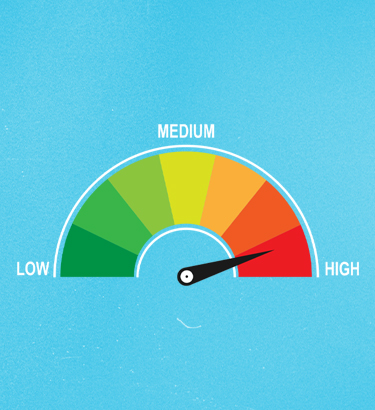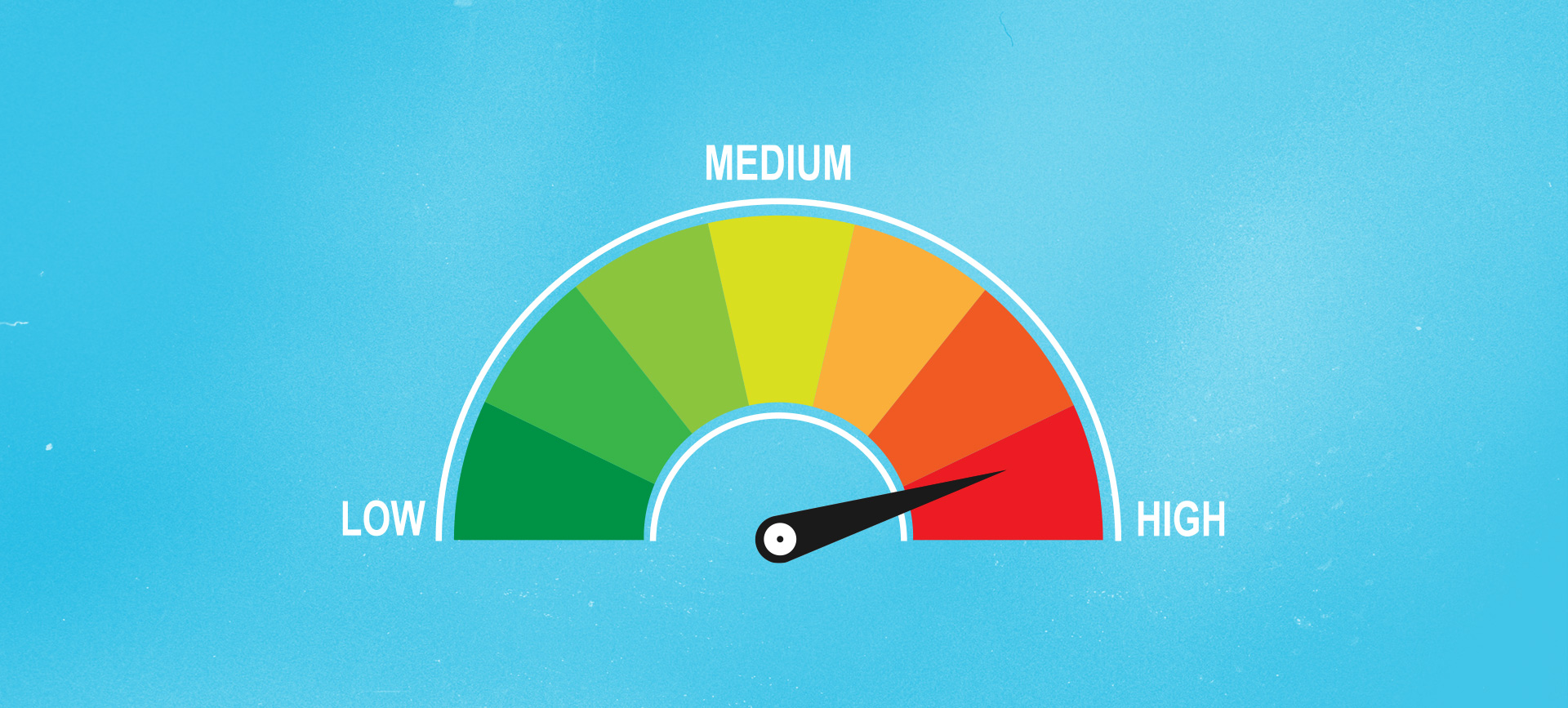Welcome to Giddy's series for Prostate Cancer Awareness Month. Each week, we will tackle a different aspect of prostate cancer and shed light on common misconceptions. This week, let's take a look at risk factors.


Prostate Cancer Awareness Month: Risk Factors
Do you know if you're at risk for prostate cancer? Well, if you have a prostate, you're at risk. About 1 in 8 men will receive a prostate cancer diagnosis at some point. But beyond that, what's your risk? We have some answers.
Take our quiz—don't worry, it's as friendly as academic work can be—and learn about the additional risk factors beyond the XY chromosome combination. You'll find links to content elsewhere on the Giddy site, as well as to relevant studies and cancer organizations.
Our goal isn't to stump you with difficult questions—it's to inform and enlighten you as part of the mission of Prostate Cancer Awareness Month during September. Come back next week for: Prevention.


True. African American men have the highest rate of prostate cancer and are also more likely to die from the disease than other men. Prostate cancer is less common in Asian and Hispanic men than in non-Hispanic white men.

True. As of now, prostate cancer is most common in North America, northwestern Europe, Australia and the Caribbean islands, and less common in Asia, Africa, Central America and South America, according to the American Cancer Society. The reasons for this geographic divide are unknown, but it's possible that countries with more intensive screenings account for some of the difference. For example, while Asian Americans have a lower risk of prostate cancer than white Americans and African Americans, their risk is still higher than men with similar ethnic backgrounds in Asia.



False. A diet rich in high-fat dairy products and red meat could increase the risk for prostate cancer. A 2010 study in the Official Journal of the Balkan Union of Oncology examined more than 100 cases of prostate cancer and discovered a correlation between diets high in processed meat and fatty dairy products and prostate cancer. Additionally, a recent study from the Columbia University Mailman School of Public Health linked being overweight in middle age and later adulthood to a greater risk of prostate cancer. So not only does what you eat affect your risk profile but so can your body mass index (BMI), a measure of body fat based on weight and height.

True. If you have relatives who have had prostate cancer, you are at a higher risk, particularly if your father or brother developed the disease. According to the American Cancer Society, if a person's brother or father was diagnosed with prostate cancer, their own risk is more than doubled. Additionally, the younger your relative was at the time of diagnosis, the higher your chance for prostate cancer.



False. Most studies don't indicate an increased risk for smokers to develop prostate cancer, according to the American Cancer Society. However, some studies indicate men who smoke could contract a more aggressive form of prostate cancer, though the evidence is limited at this point.

False. Age is the largest risk factor for prostate cancer: The older you are, the greater your chance of developing the disease. About two-thirds of all prostate cancer cases occur in men ages 65 and older, whereas only 1 in 10,000 men younger than age 40 will be diagnosed with the disease, according to Cancer Treatment Centers of America. However, the older you are, the less likely you'll require aggressive treatment, according to prostatecancer.net.










